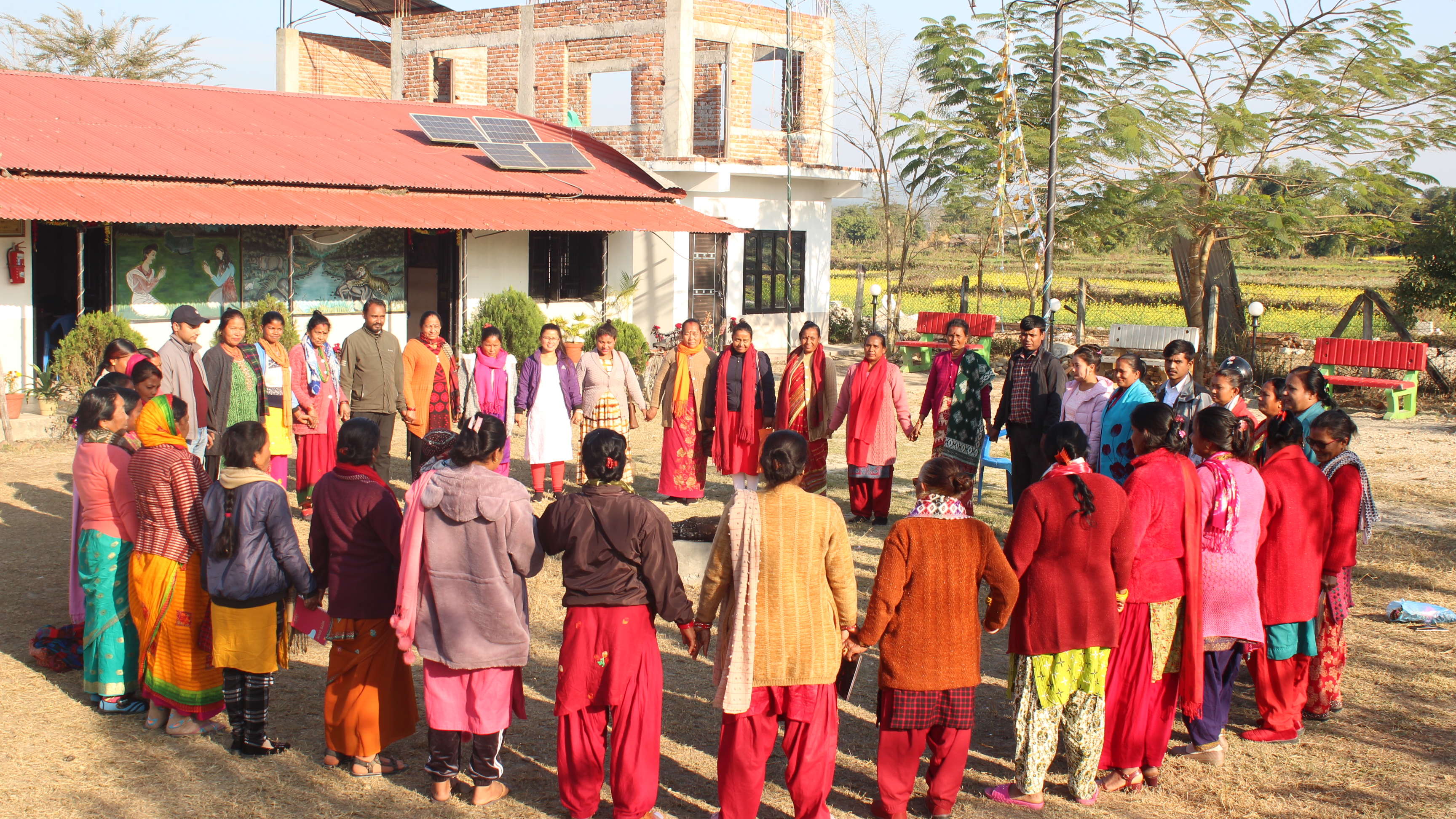
08 Feb ORGANIZATIONAL DEVELOPMENT
In order to thrive undertaking development interventions and be more suitable for the organization role, SUS gives priority for its own institutional development. Institutional development is an on-going process and must be continued. The SWOT analysis of the organization (See Annex-1) directs that there are still areas in which SUS has to be strengthened. Therefore, SUS works for standardized operation and accountable governance of the organization. It takes measures to improve organization’s management system, and strengthen programme/service delivery of the organization. Human resource (both board and staff) development is a key priority. SUS gives due efforts to develop organizational capacity for fundraising and utilization and extends external relations and networking. In addition, SUS facilitates the process for formation/strengthening of organizations and institutions of its target beneficiary communities by themselves.
Strategic Objective/Outcome- 4: Strengthen Organizational Development of SUS as an accountable, effective and learning CSO
Sub-priorities:
- Governance and Policy development
- Capacity Building of board and staff members
- Financial Sustainability Plans
- Research and Knowledge Management and Dissemination
- Visibility, profiling and fund raising
- SUS Model documentations and Replication
Outcome indicators:
- # Strengthened capacity of SUS staff and board/general members on strategic approach to development with focus to rights-based approach, strategic advocacy, creating models
- # of organizational and program policies, guidelines, MEAL system, models and tools of SUS updated and developed, and implemented
- At least 5 different partnerships with wide range of eco-system partners/actors established, capacitated, and made functional (govts, academia, private sector, media, CSO networks) other than current partners
- At least 40% of the SUS budget raised locally from government, private sector, crowd funding, mobilizing SUS’s own technical services to other actors, assets and premises
Major Interventions:
- Financial Sustainability
- Fund raising and resource mobilization from national donors, governments, private sectors, INGOs/foreign donors, providing technical services from SUS
- Use of SUS property for income generation through social enterprise e.g. organizing low cost fertilizer shops, operating IME Money Transfer outlets via SUS, packaging and branding of agriculture produces of target groups
- Technical, management and leadership Capacity Building of Board members and staffs
- Training on proposal writing, report writing, M&E, result based management, financial and procurement management, RBA and strategic advocacy skills, leadership and management, program approaches, learning and exchange visits, peer learning via face to face or virtual mode of capacity building
- Strengthening system development of PCM and program approaches
- Program Management Cycle Manual
- M&E system development
- PCM system, process and tools
- Financial management systems and tools for program implementation
- Good governance of SUS
- Good governance training
- Govt compliances
- Finalize roles and responsibilities/ToR of board members and management team for taking up focal person role for administration and program management
- Organizational Policy update and development
- Safeguarding policy
- Policies on thematic programs and cross cutting issues from SUS perspectives
- Strengthening Knowledge Management and result dissemination
- Hiring dedicated communication staff or interns
- Capacity Building of staffs
- Creating, documenting and replication of SUS model on rights-based social-economic empowerment development
- Strategic Networking and Partnership
- Partnership with Local and provincial governments
- Partnership with CBOs initiated by SUS in the form of CBOs and cooperatives,
- Buffer zone authority/committees
- Private sector- Banks, micro-finance, business houses, local business associations
- DNF, NGO federation, thematic CSOs networks like Land Rights Forum/CSRC, FECOFUN, SRHR network, safer motherhood network, ATWIN and their network Shanti Foundation, Biswas Nepal, networks of mental health and psychosocial support, Disaster, media etc.,

